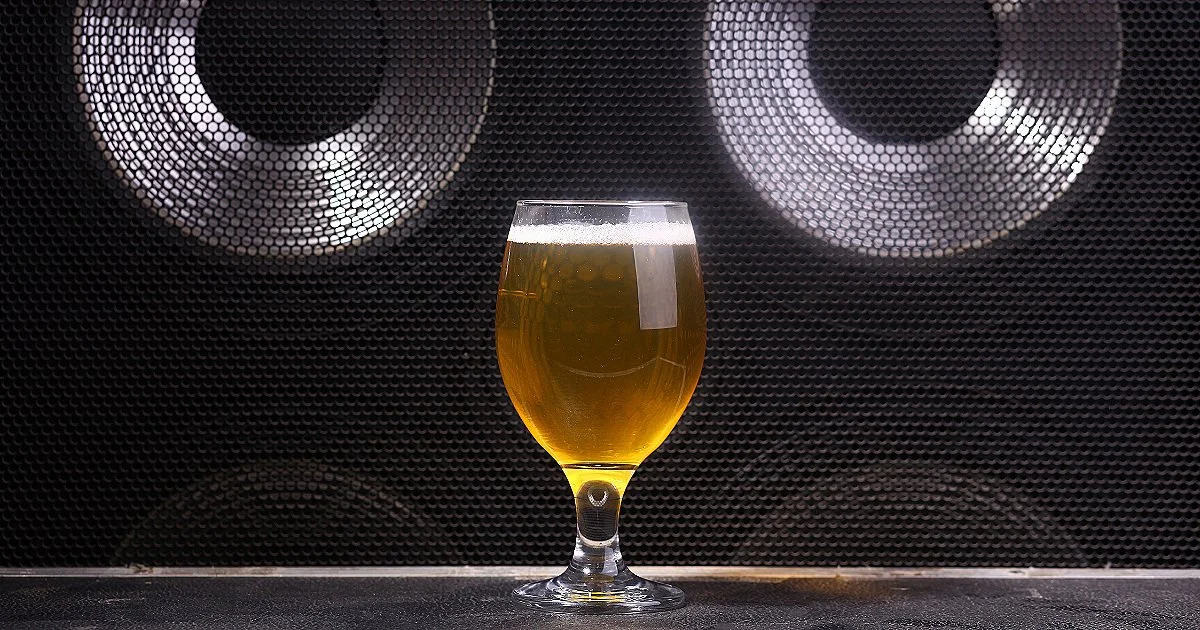During the height of the pandemic, beer industry veteran Garrett Oliver reached a turning point. Faced with a moment of profound reckoning, he realized that action and conviction—rather than waiting and hoping—were essential. That same year, he founded the Michael James Jackson Foundation for Brewing and Distilling (MJF), a nonprofit born from an urgent call to transform the beer industry and beyond. The vision was bold: to create a dedicated organization that would raise funds to provide formal education in brewing for people of color, paving the way for meaningful change. But could it succeed?
Taking a look at the last five years of its history, this session will explore the MJF’s mission, milestones, and key achievements, offering an in-depth perspective on how a young organization can build a lasting impact. The panel will delve into MJF’s unwavering belief in the power of community—bringing together diverse voices, brewers, consumers, and industry leaders to foster a more equitable, responsible, and forward-thinking beer culture. Through mindful partnerships and collaborative efforts, the foundation has not only brought pressing issues like diversity and social responsibility to the forefront but has also implemented practical solutions that have redefined the beer industry.
Founder Garrett Oliver will reflect on the challenges faced, lessons learned, and success stories that have shaped the foundation’s journey. Joining him are Rafael D’Armas, an awardee turned board member; Shana Solarte of John I. Haas, a hops company and corporate partner; and Roxanne Tiburolobo,a scholarship recipient who exemplifies the program’s impact.
Whether you’re interested in philanthropy, nonprofit work, or community-driven change, this discussion will provide valuable insights into the power of purpose-driven organizations and their transformative influence.









